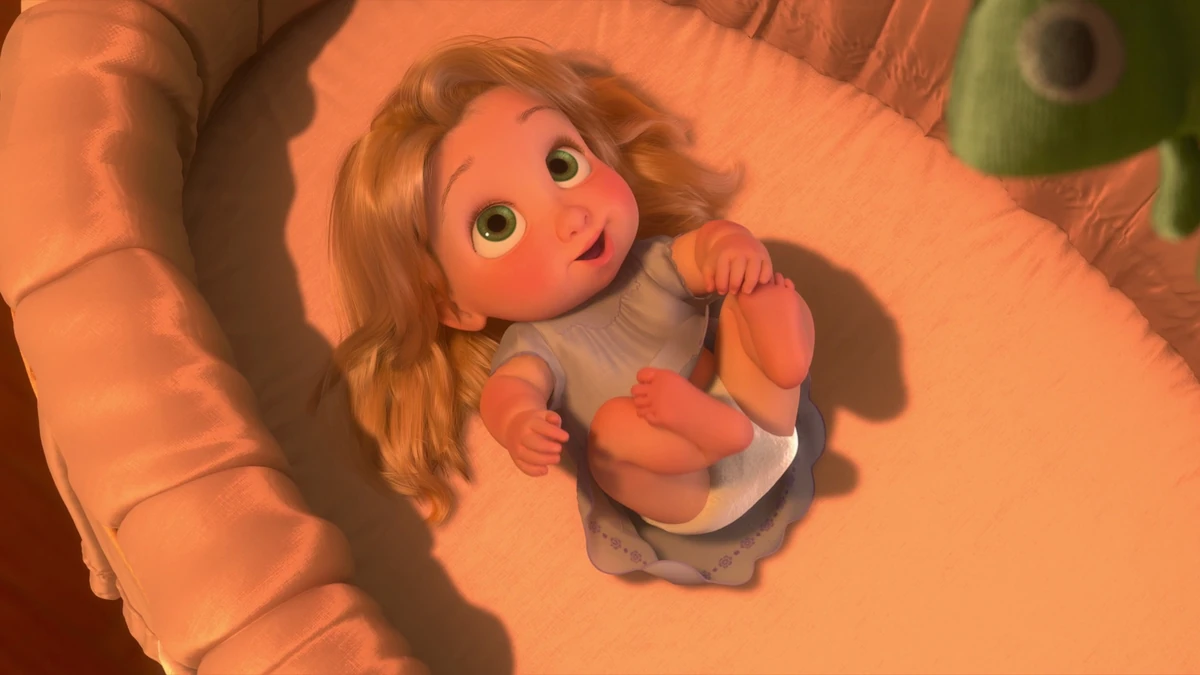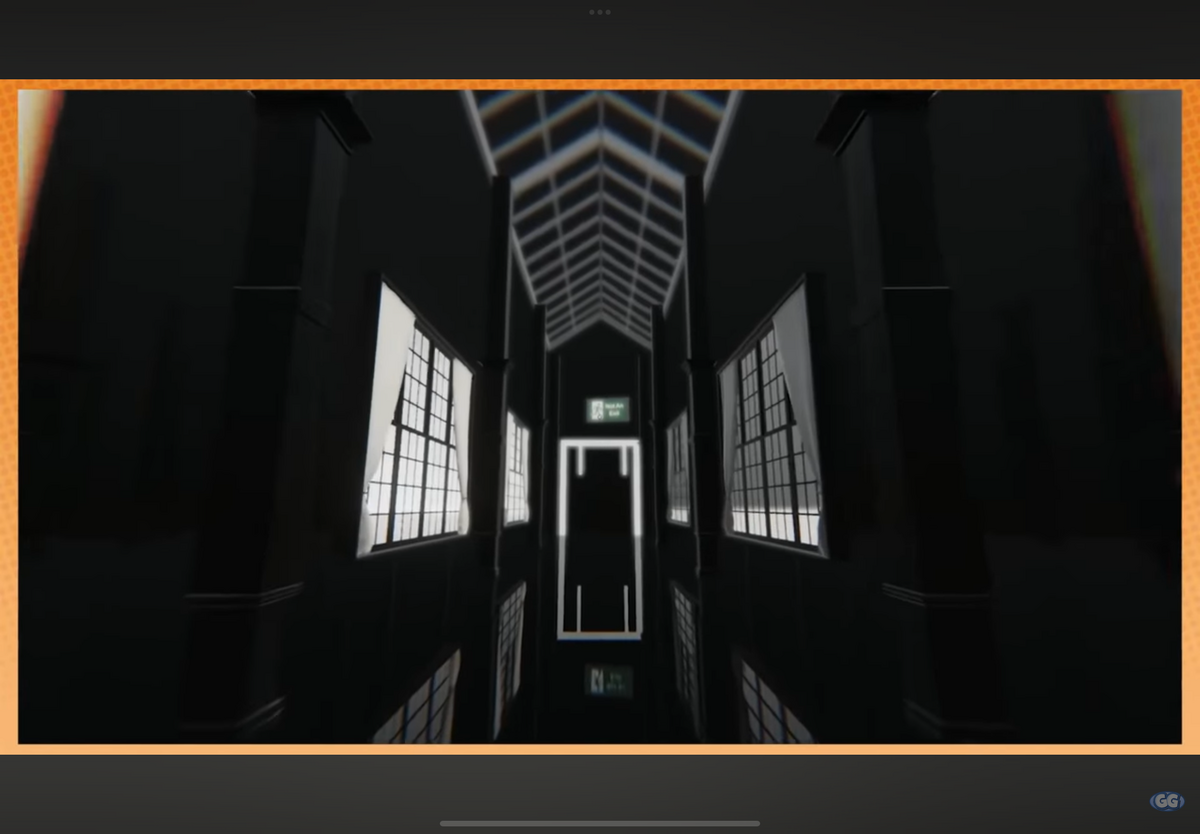Renoir' Review: Scenes From a 1980s Japanese Girlhood
With 2022’s “Plan 75,” debuting Japanese director Chie Hayakawa explored a delicately dystopian cautionary tale about prizing one’s elders in a famously aging society. Absent that film’s hooky high concept (a government-backed euthanasia incentive program for seniors aged 75), Hayakawa’s follow-up brings her thoughtful, airy aesthetic to bear on a looser, less structured story, this time about valuing and respecting the eccentricities of youth. “Renoir” is a more diffuse yet in some ways more interesting sophomore feature, that follows where its lovely, mercurial central character leads and, taking a cue from the painter of the (rather tangential) title, lets the brushstrokes show to deliver a firsthand impression of growing up in 1980s Japan.
None of this would work at all if it weren’t pinned to the unselfconscious gaze of Fuki (delightful newcomer Yui Suzuki), 11 years old and already an original. Often left to her own devices but never bored, lonely perhaps but never needy, Fuki is the imaginative fifth-grader daughter of a stressed-out mother (an excellent Hikari Ishida) and a genially reticent father (a heartbreaking Lily Franky), who is dying of cancer. In her journal, in dreams and in class essays, Fuki makes up elaborate fantasies about death — her own and others’ — which Hayakawa sometimes presents to us they way they must seem to Fuki: as vivid as reality. In voiceover, she muses about how people grieve and cry and hurt in the face of death. But at home when she glimpses her father collapsed in the bathroom coughing blood, her reaction as the ambulance comes is all dry-eyed stoicism, all resignation. Her mother, Utako, seems to trust her daughter’s levelheadedness too. Called in by a concerned teacher to discuss Fuki’s story, titled “I Want to be an Orphan,” hardworking Utako is more annoyed at the inconvenience than worried about her daughter’s mental state. “Teachers have time to spare; it was only an essay” she says tartly, before adding as an afterthought, “Don’t you dare kill me.”
Fuki has picked up a new hobby. Copying a TV mesmerist, she is training herself in the arcane arts of telepathy and hypnotism, which she tries out on her now-hospital-bound father, on a young widow who lives upstairs and on her new schoolfriend, whose own family dysfunction Fuki discovers by accident and then reveals to her friend on purpose. It’s an act that could seem born of spite in another kid’s hands, but while there may be a smidgen of cat-among-the-pigeons devilment amongst her motivations, mostly it feels like another of Fuki’s experiments in truth-telling — a key theme here, considering so many of the episodes that Hayakawa sketches out pivot on adults lying to each other.
There’s the fortune teller who reassures Utako that she “deserves” the affair she’s contemplating having with her improbably hunky anger-management counselor (Ayumu Nakajima). There’s the “miracle” cancer remedies Fuki’s father is scammed into buying — not to mention the slightly jawdropping (from a Western perspective) revelation that in Japan in the ’80s, doctors tended not to divulge a terminal cancer diagnosis to the patient. And there are all the icky expressions of interest and lines about friendship that Fuki is fed by Kaori (Ryota Bando), the groomer she meets over a lonelyhearts telephone line, and whom she then, in a heart-clutching passage of unwitting peril, goes alone to visit. When this is the type of grown-up behavior that is constantly modeled, it feels like the most precious and wonderful thing that Fuki has not yet acquired the terrible adult habit of only telling people what they want to hear.
And so a day spent in the orbit of pedophile, or the afternoon she and her mother go to clear out her father’s now-vacant room at the hospital, or the story the young widow tells about the ugly revelations about her deceased husband (involving a deeply eerie VHS tape of crying children which with Hayakawa rather incongruously elects to open her film) are considered with the same magpie curiosity as any of the more benign incidents and encounters that make up the mosaic of Fuki’s summer. And all are given the same, lightly romanced look of a poignant memory by a crew largely composed of the director’s previous “Plan 75” collaborators. Composer Remi Boubal delivers another subtly effective, softly melodious but often atonal score. And at times, like when DP Hideho Urata’s breezy, mobile camerawork catches at Fuki’s hair and sleeves as she freewheels on her bicycle against the sunset, “Renoir” looks almost vintage, like a cut scene from a technicolor 1960s Japanese youth movie.
But where most youth movies deal in the transience of childhood and the personal transformations of this time of upheaval and broadening horizons, “Renoir” whistles a different tune, keeping its protagonist, in all the ways that matter, largely unchanged. Fuki might be young but she is a whole person, and right up to the cleverly balanced final beat, time passes, summers end and circumstances change in the most devastating ways, but the girl remains herself. “I know just how you feel!” cries her English tutor tearfully when she discovers that the answer to “What did you do this summer?” is “I went to my father’s funeral.” Fuki willingly submits to the ensuing hug but with that same slightly sideways puzzlement that makes “Renoir” just a little more special than the average coming-of-ager. It is right and proper and somehow strangely comforting to have learned that not a soul but Fuki knows just how Fuki feels.










